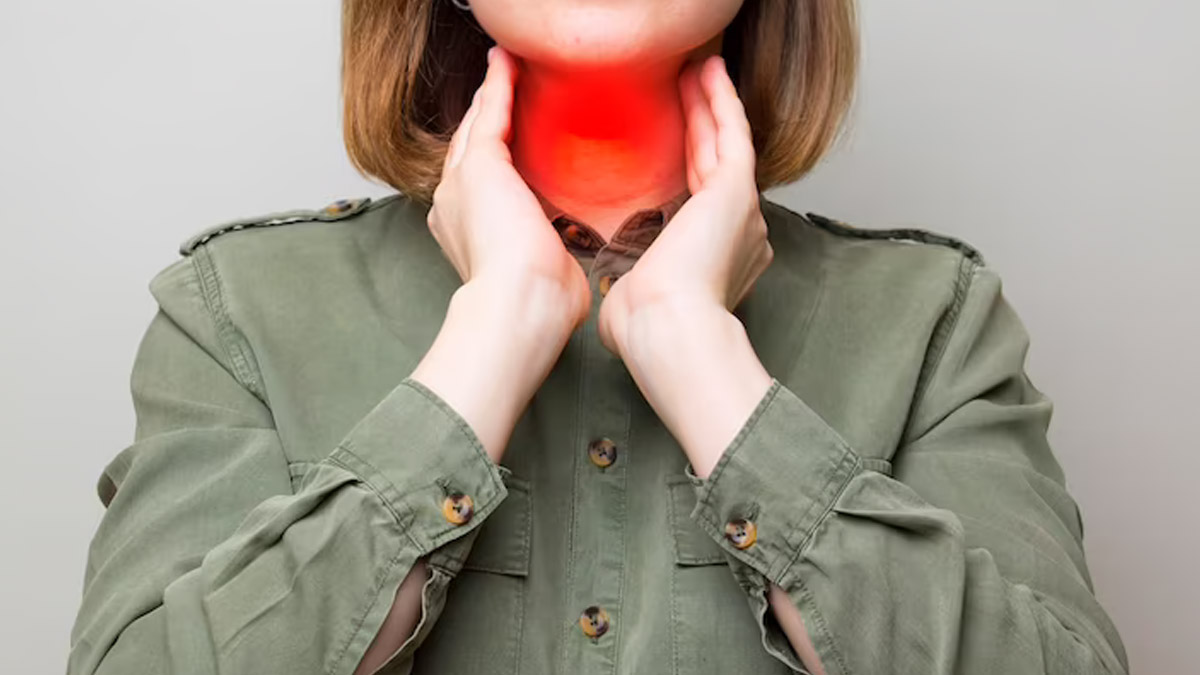
Do you experience a problem while swallowing certain foods or drinks? If yes, you might be suffering from dysphagia. People having the condition may have difficulty swallowing and may choke on their food or drink. To learn more about this condition, we talked to Dr Manusrut, Consultant ENT, Head & Neck Surgeon, Yashoda Hospitals Hyderabad.
Table of Content:-
What is Dysphagia
According to Dr Manusrut, dysphagia is the medical term for swallowing difficulties, which could be to solids, liquids or both or could be to specific foods. Patients could also report coughing, choking or the sensation of food stuck in their throat.
What Causes Dysphagia
Oropharyngeal dysphagia, known as "high" dysphagia, is caused by difficulties with the mouth or throat. When it is caused by oesophageal issues, it is referred to as oesophageal or "low" dysphagia.

Also Read: Pain And Difficulties In Swallowing? Check If It Is A Sign Of Oropharyngeal Cancer
It is usually caused by other health conditions, such as:
Diagnosing & Treating Dysphagia
Dr Manusrut said, "Many cases of dysphagia can be improved with treatment, but a cure is not always possible. The treatment usually depends on the cause and type of the condition. Dysphagia may typically be diagnosed by assessing your swallowing abilities and checking your oesophagus. The patient will undergo an endoscopy and swallowing testing called Functional Endoscopic Evaluation of Swallowing (FEES) done by an ENT surgeon. Besides, Barium swallow and X-ray may be needed. If any organic cause is identified patient may need surgery."

Also Read: 5 Swallowing Exercises To Ease Symptoms Of Dysphagia
Treatments for dysphagia include:
- Speech and language therapy to teach new swallowing strategies.
- Changing the texture of meals and drinks to make them easier to swallow.
- Feeding alternatives, such as tube feeding through the nose or stomach.
- Surgery to expand the oesophagus by stretching it or inserting a plastic or metal tube (called a stent).
Complications of Dysphagia
According to Dr Manusrut, dysphagia can occasionally lead to further health complications. Coughing or choking is a common problem caused by food going down the wrong way and blocking your airway.
If this occurs on a regular basis, you may have to quit eating and drinking to avoid choking, which can result in malnutrition and dehydration. Some people who have dysphagia suffer chest infections, such as aspiration pneumonia, which need medical attention. Dysphagia can also have an impact on your quality of life because it might hinder you from enjoying meals and social gatherings.
Bottomline
If you also experience any problems eating or drinking, you should consult your doctor right away to eliminate the chances of dysphagia or other major health issues.
Image Credits: freepik
Also watch this video
How we keep this article up to date:
We work with experts and keep a close eye on the latest in health and wellness. Whenever there is a new research or helpful information, we update our articles with accurate and useful advice.
Current Version